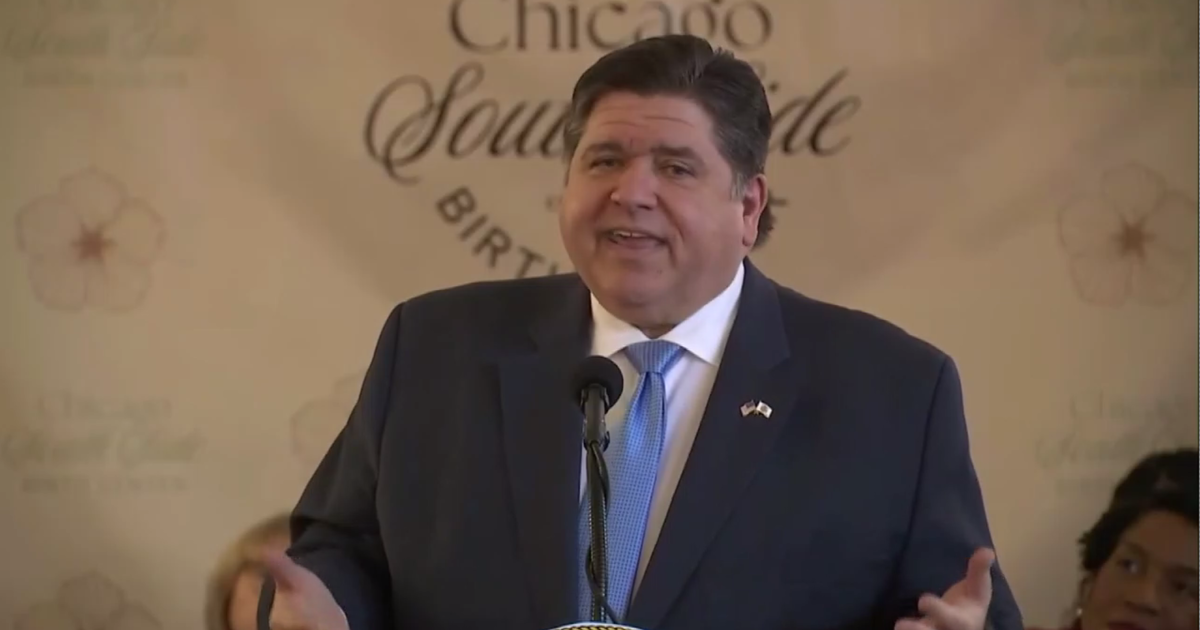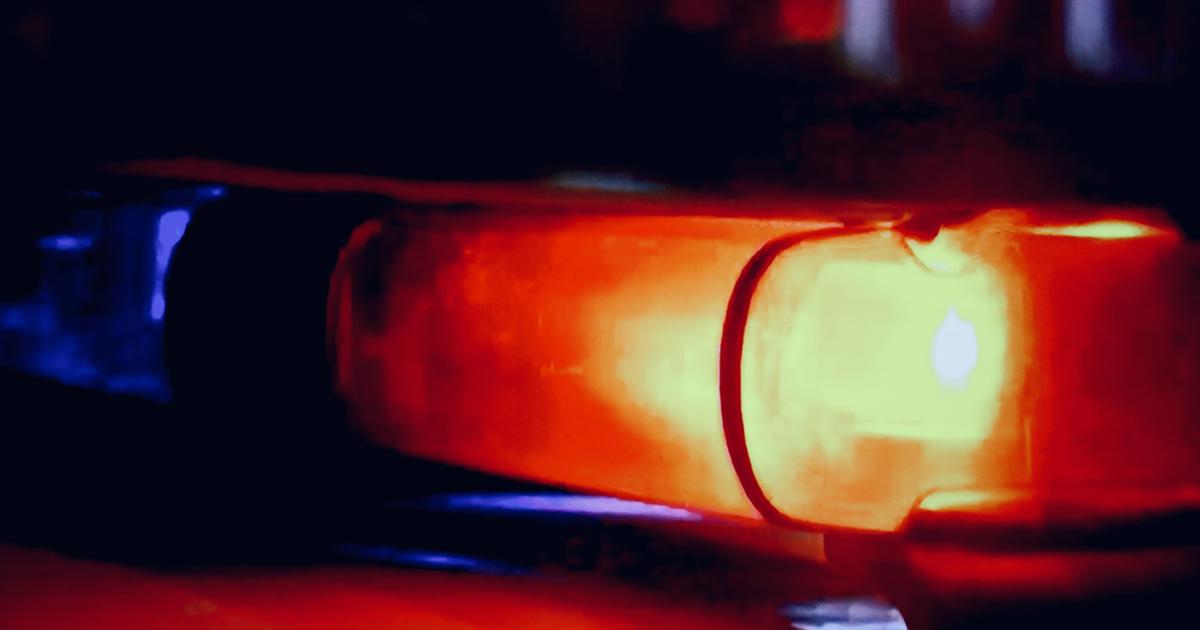Cook County To Begin Collecting DNA Samples After Supreme Court Ruling
Updated 06/04/13 - 11:50 a.m.
CHICAGO (CBS) -- Some Cook County Jail inmates and others arrested in the county will soon have to give DNA samples, now that the U.S. Supreme Court has ruled that taking such samples after an arrest does not amount to an "unreasonable search."
WBBM Newsradio's Mike Krauser reports Illinois already has a law on the books – passed last year – allowing police to take DNA samples from anyone charged with first-degree murder, home invasion, aggravated criminal sexual assault, criminal sexual assault or predatory criminal sexual assault of a child.
20K Bond For Head Of Chicago Anti-Violence Group
The Cook County Sheriff's Department had been waiting until the Supreme Court weighed in on the issue of the constitutionality of taking DNA swabs from anyone arrested for a "serious" crime.
In a 5-4 ruling, the high court held that taking a DNA swab from a suspect in a serious crime is not an unreasonable search.
In light of that ruling, the sheriff's office said it will start swabbing inmates on July 1, and entering their DNA into a national database. Those who are freed on bond would be expected to give a DNA sample when they appear in court.
However, under current Illinois law, DNA samples can only be collected after a grand jury has indicted a defendant, or a judge has found probable cause for the charges at a preliminary hearing, either of which often takes weeks after a suspect has been arrested. Sheriff Tom Dart wants to change that so DNA samples can be taken immediately upon arrest for serious offenses.
He also said he expects the list of crimes for which DNA samples can be taken from suspects would be expanded.
"I think we all can agree there are certain offenses that put you apart from other folks," he said. "Everyone's focused on these very serious offenses, but will there be a move to expand those? There will be."
However, he said it must be done thoughtfully, so police cannot swab people for DNA over something as simple as a traffic offense.
"The offenses that we all agree are not necessarily ones that people consider to be serious, then you say okay, no we're not ready to change this into a George Orwell type of society where everyone's having their DNA taken, and we're downloading to a system, and we're tracking you at every second of the day," Dart said. "No, we have to have a happy median here."



